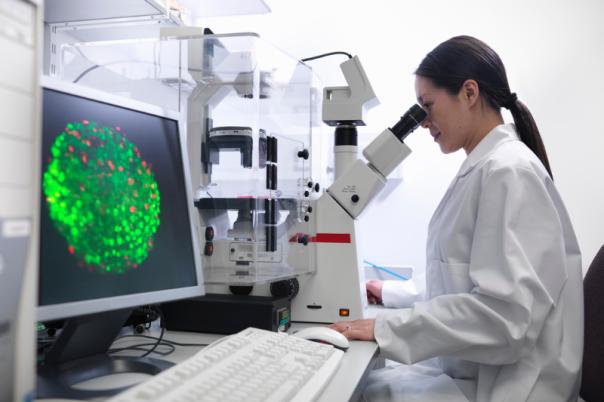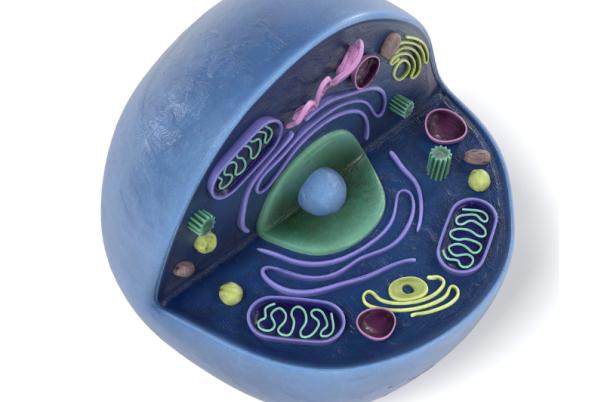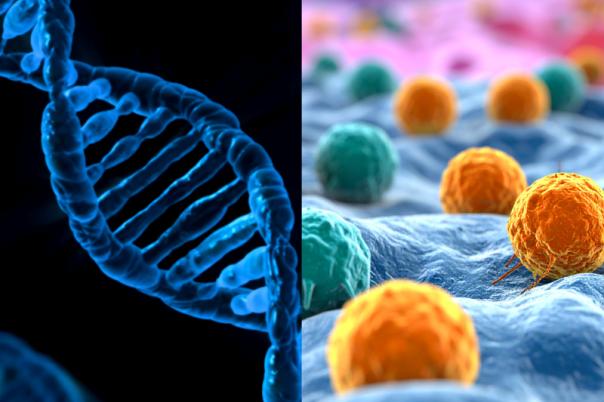Research from St. Jude’s Children’s Hospital has proved the existence of ‘virtual memory T cells’: immune cells that provide nonspecific immunity to infants. The findings, published in Immunity, stem from a previous study which treated infants for a rare form of immunodeficiency.
In 2019, it was reported that a gene therapy had successfully treated multiple infants with X-linked Severe Combined Immunodeficiency (X-SCID), a rare disease where children are not able to develop a working immune system. The gene therapy, developed by St. Jude’s and collaborators, was able to repair the mutation which causes the condition.
This therapy saw the infant patients develop an immune system for the first time in their lives. The formation of the human immune system is not able to be safely studied in utero. Therefore, working on this therapy gave researchers the rare opportunity to study how the immune system develops in early life. From this, they were able to confirm the existence of ‘virtual memory T cells’ for the first time in humans.
“We used this unique opportunity to take a snapshot of the immune system’s genesis,” said senior co-corresponding author Benjamin Youngblood, St. Jude Department of Immunology.
“For the first time in humans, we detected a group of jacks-of-all-trades, master-of-none immune cells, sometimes called virtual memory T cells, as a major part of the early immune system.”
These cells had the hallmarks of both innate and adaptive immune cells. First author on the study, Anoop Babu Vasandan, said that they “existed somewhere in the middle between them.”
“These virtual memory T cells are likely acting as a bridge until infants are out in the world and experiencing different infectious threats that educate their immune system,” said co-corresponding author Caitlin Zebley, St. Department of Bone Marrow Transplantation & Cellular Therapy.
“They allow the adaptive immune system time to undergo those first educational processes and develop true, rather than ‘virtual’ memory.”
Further research is needed to better understand virtual memory T cells and investigate their possible applications, including enhancing childhood vaccinations or adapting them for immunotherapy. Current knowledge of their potential remains limited, but researchers are excited about the opportunities this discovery could offer.








